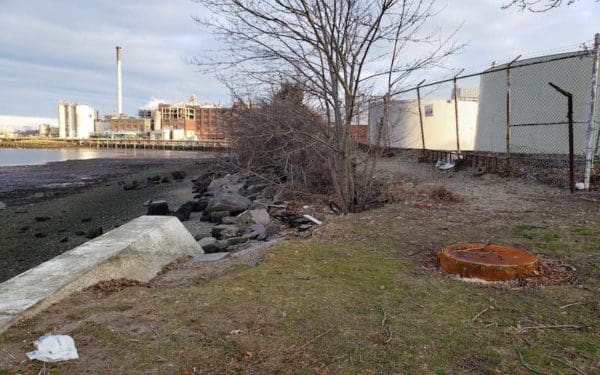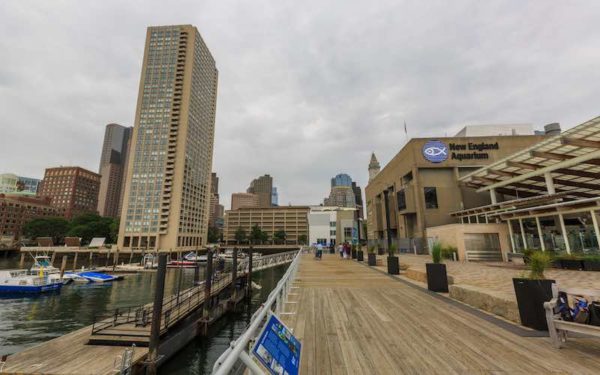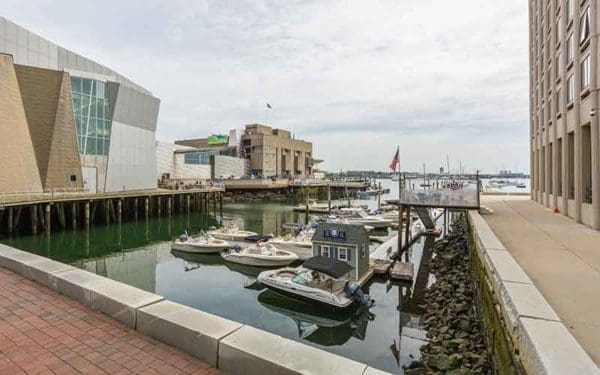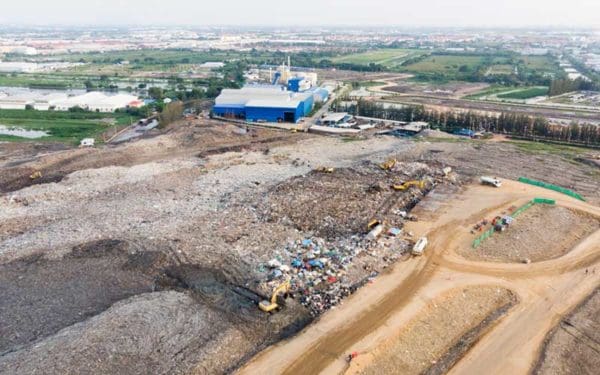Jun 16, 2021
Rishya Narayanan is a multimedia science communicator specializing in environmental and climate science communications and policy advocacy. As the Conservation Law Foundation’s Senior Climate Communications Strategist, she uses solutions– and values–focused messaging to support CLF’s clean energy and climate work, mobilizing broad audiences towards addressing climate change to protect a safe and healthy future for all.… Continue reading Rishya Narayanan
Jun 16, 2021
“This ad hoc, parcel-by-parcel, project-by-project resilience approach is not a long-term solution,” she said, asking instead for “a better strategy” to bring the development community into conversation and leverage new development to build protections that benefit the entire neighborhood.
Jun 07, 2021
The Conservation Law Foundation called for state officials to “prohibit or suspend distribution and use of Anvil, Mavrik, Permanone, and any other pesticides shown to contain PFAS” and to develop a plan to test all pesticide products registered in Rhode Island for PFAS contamination.
May 20, 2021
“Sprague’s Quincy terminal is an accident waiting to happen,” said CLF President Bradley Campbell. “The company has allowed the terminal’s protective berms to deteriorate to the point of failure, putting the community at risk of being flooded with a spill of toxic chemicals. It’s also a clear sign that Sprague is failing its legal obligation to prepare the site for the climate crisis. This facility is an imminent threat to homes, public health, and nearby waters, and it’s time the company cleans up its act.”
May 18, 2021
Toxic PFAS have been found in some pesticides – where they’re not supposed to be. We’re demanding state leaders take immediate action to curb this toxic threat.
May 14, 2021
“These regulations impact everyone in Massachusetts, “said Peter Shelley, Senior Counsel at CLF. “The state can’t just rubber-stamp its way out of this problem and ignore the tidelands development principles it broke. The public needs to be involved in every step of this process and officials must offer more than just two public meetings. Access to the waterfront is enshrined in Massachusetts law and it must stay that way.”
May 13, 2021
Incinerator emissions are polluting the air and poisoning our communities. The problem is, clean air laws often favor polluters instead of the people they’re supposed to protect.
May 11, 2021
In 2018, CLF sued to prevent the plan from moving forward, and last month, the court ruled in our favor. Here’s what you need to know about that decision and what still is at stake in this critical case.
May 10, 2021
Expanding a landfill’s acreage or the number of tons it buries each year only increases the pollution it emits. That’s why CLF is fighting back against these southern New England landfill expansion proposals.








